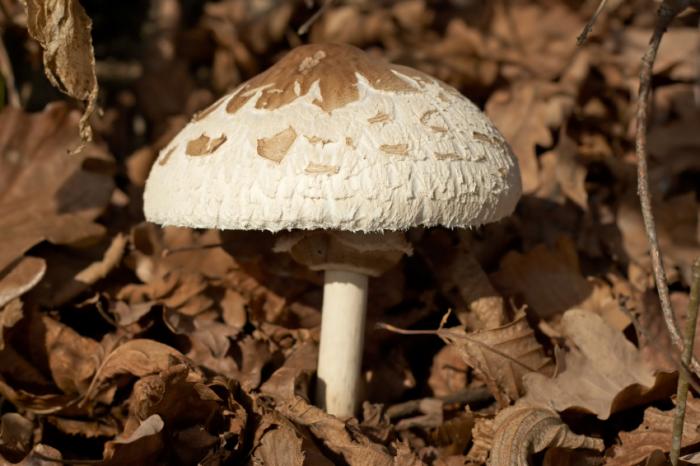Psychedelic drug can use ‘does not increase the risk for mental health problems’ – healthchanging

The analysts behind the study – from the Norwegian University of Science and Technology in Trondheim – had led a populace study exploring relationship between psychological well-being and hallucinogenic utilization. In any case, that study, which took a gander at information from 2001-04, was not able to discover a connection between utilization of these medications and psychological wellness issues.
“More than 30 million US grown-ups have attempted hallucinogenics and there simply is very little confirmation of wellbeing issues,” says creator and clinical clinician Pål-Ørjan Johansen.
“Drug specialists reliably rank LSD and psilocybin mushrooms as significantly less unsafe to the individual client and to society contrasted with liquor and other controlled substances,” agrees co-creator and neuroscientist Teri Krebs.
For their study, they examined an information set from the US National Health Survey (2008-2011) comprising of 135,095 arbitrarily chose grown-ups from the US, including 19,299 clients of hallucinogenic medications.
Krebs and Johansen report that they discovered no proof for a connection between utilization of hallucinogenic medications and mental trouble, despondency, nervousness or self-destructive contemplations, plans and endeavors.
Truth be told, on various variables, the study discovered a connection between utilization of hallucinogenic medications and diminished danger for emotional wellness issues.
“Numerous individuals report profoundly significant encounters and enduring gainful impacts from utilizing hallucinogenics,” says Krebs.
Study can’t bar occasions of unfriendly impacts in people
Then again, Johansen recognizes that – given the configuration of the study – the analysts can’t “reject the likelihood that utilization of hallucinogenics may have a negative impact on psychological well-being for a few people or gatherings, maybe counteracted a populace level by a beneficial outcome on emotional well-being in others.”
Notwithstanding this, Johansen accepts that the discoveries of the study are sufficiently vigorous to reach the determination that restriction of hallucinogenic medications can’t be supported as a general wellbeing measure.
Remarking on the examination in a piece for the diary Nature, Charles Grob, a pediatric therapist at the University of California-Los Angeles, says the study “guarantees us that there were not broad ‘corrosive losses’ in the 1960s.” However, he urges alert when deciphering the outcomes, as individual instances of antagonistic impacts can and do happen as an outcome of hallucinogenic utilization.
For example, Grob depicts drug enduring recognition issue, some of the time alluded to as “a ceaseless trek.” Patients with this issue experience “relentless twists” in their vision, for example, gleaming lights and shaded spots. “I’ve seen various individuals with these indications taking after a hallucinogenic experience, and it can be an intense condition,” says Grad.